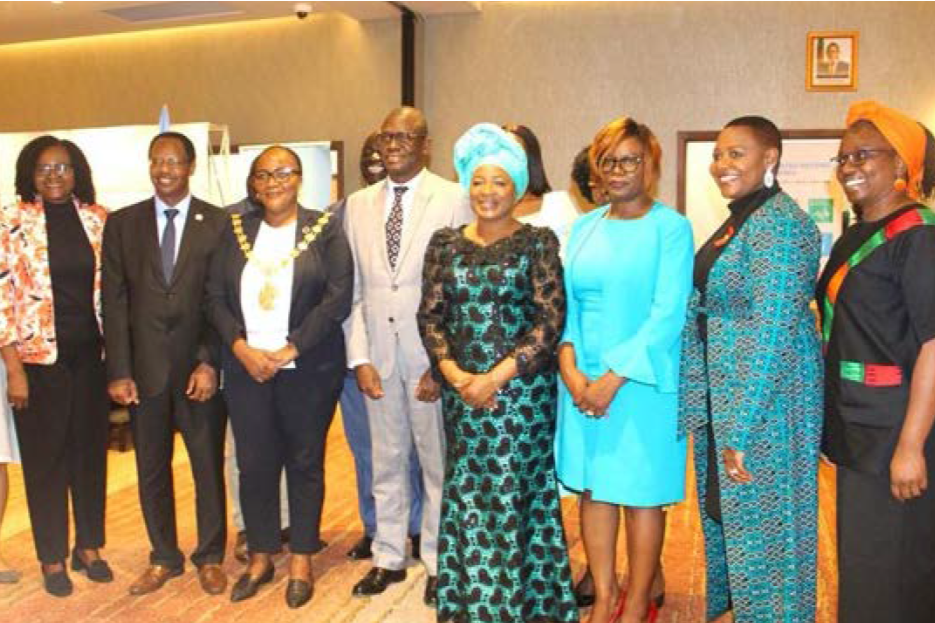HIV Prevention stewardship in countries includes coordinating the HIV response; monitoring and evaluation of programmes and resource mobilization with a keen focus on primary HIV prevention. This is often the function of the National AIDS Coordinating Authorities, this could either be National AIDS Commissions or HIV Prevention Department in Ministry of Health.
In Zambia, the Global HIV Prevention Coalition is providing technical support to National AIDS Commissions in form of two National United Nations Volunteers (UNVs) one positioned at the National AIDS Commission office and the other at the UNAIDS County Office. Together, these prevention champions form part of the GPC country support teams and strive to strengthen national capacity and the systems for managing implementation of an effective HIV prevention response towards attaining the 2025 targets.
Zambia had a 64% reduction of new HIV infections in 2023 compared to 2010, according to the UNAIDS report: The Urgency of now. However, this is far from the 82.5% global target. Primary HIV prevention is still lagging behind compared to treatment. The Prevention scorecard shows that all the five pillars of prevention: key populations, adolescent girls and young women, adolescent boys and men and condom programming are off track to meet targets except for anti-retroviral based prevention and voluntary medical male circumcision programme. These challenges identified included persistent structural and gender inequalities, economic challenges, and the decline in donor funding because of competing priorities such as COVID-19 pandemic.
The GPC country support teams have collectively had remarkable achievements including but limited to:
Supported the formation of Prevention accountability platforms - the HIV prevention theme group that provides a centralized location for all HIV Prevention Technical Working Groups to examine data and communicate program updates.
Supported the development of the Zambia National HIV Prevention Road Map 2023 – 2027.
Contributing to HIV prevention campaigns such as the Y-PAC, weekend clinics and live shows. These were themed around strengthening HIV prevention among young people to reduce HIV infections; focus was on condom use, voluntary medical male circumcision and the Undetectable = Untransmittable campaign among others. These were organized by the Zambia youth platforms.
Strengthened community access platforms for HIV prevention, testing & treatment for key and other priority populations. This included using microplanning and organizing community prevention and skill building workshops for hundreds of young people. These activities increased knowledge levels on topics such as sexual reproductive health, and stigma and discrimination through the Undetectable = Untransmittable (U=U) messaging. The social economic skills learnt included: bricklaying, tailoring, food production (including baking), agriculture and fish farming.
Strengthening political leadership for HIV Prevention through the establishment of the National HIV Prevention Coalition, co-chaired by the Ministers of Health and Finance, with the First Lady as the Matron of the Coalition, Her Excellency Mrs. Mutinta Hichilema.
The GPC country-support teams have contributed to the progress of the HIV prevention response in Zambia. However, there is a need to further accelerate HIV prevention efforts for Zambia to realize its commitments to the Global Prevention Coalition and reduce the annual new infections to fewer than 370,000 by 2025 and to get on track to end AIDS as a public health threat by 2030.
